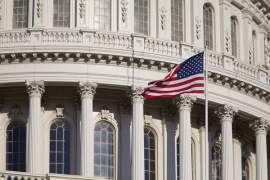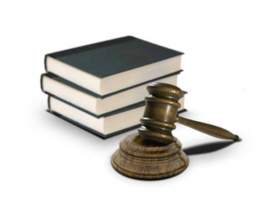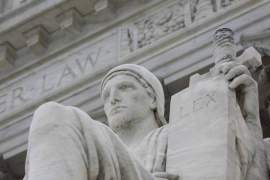
What Happened at the Philadelphia Convention?

Popular In Constitution
Purpose Of Lifetime Appointment And Pros And Cons Enumerated Powers Bicameral Legislature Background Article 3 Of The Constitution We The People 1st Amendment Who Wrote The Constitution Judicial Review Equal Protection Clause 5th Amendment 10th Amendment Three Fifths Compromise
George Washington was nominated as the presiding officer of the Constitutional Convention in 1787. Earning both notoriety and respect as a result of his service as the commander of the Continental Army during the Revolutionary War, George Washington was held in the highest esteem throughout the United States both as a general and as a patriot. However, according to historical records, no one was more surprised than George Washington himself when he was nominated to preside over the Constitutional Convention by Pennsylvania delegate Robert Morris.
Even in his personal records, George Washington expressed bewilderment as a result of his unanimous nomination as Chairman of the Constitutional Convention. His bewilderment manifested as a result of his self-perceived lack of aptitude required to chair such a conference. Initially, he declined the nomination, but as a result of the unanimous insistence on the part of all of the delegates sent to the Constitutional Convention, he eventually accepted the position to chair the Constitutional Convention.
Despite his concerns regarding the lack of his own political experience, George Washington assumed the role of Chairman of the Constitutional Convention. However, the delegates sent to participate in the Constitutional Convention unanimously agreed that he was an ideal candidate for the position. Though he was not wholly versed in political theory, it was his undying dedication and devotion to the prosperity of the United States of America that inspired his fellow delegates to demand that he chair the proceedings of the Constitutional Convention.
In addition, the fact that George Washington did not align himself with any single sect of political thought, coupled with his eternal patriotism, made him both a reliable and objective choice. The delegates trusted that he would conduct the Constitutional Convention under the pretense that the best interest of the citizens of the United States of America would take precedence above all other matters.
Furthermore, George Washington’s military service guaranteed his passion in all matters concerning the well-being, as well as the solubility, of the United States of America. He had led the Continental Army for the entirety of the Revolutionary War, and as a result, had witnessed the ultimate sacrifice on the part of his troops - the consent to give their lives for their country. This was a matter that George Washington held above all others. His patriotic fervor would ensure that any casualties suffered in the War of Independence would not be in vain. As a commander in the Continental Army, he was well aware that it was the citizens of the United States - not the central government - who had earned the nation’s independence from the British monarchy.
Although in theory, there existed more qualified candidates to be nominated with the honor of presiding over the Constitutional Convention, it was his patriotism, dedication, and service that established George Washington as the unanimous candidate to chair the Constitutional Convention.
NEXT: What is the English Bill of Rights?





















